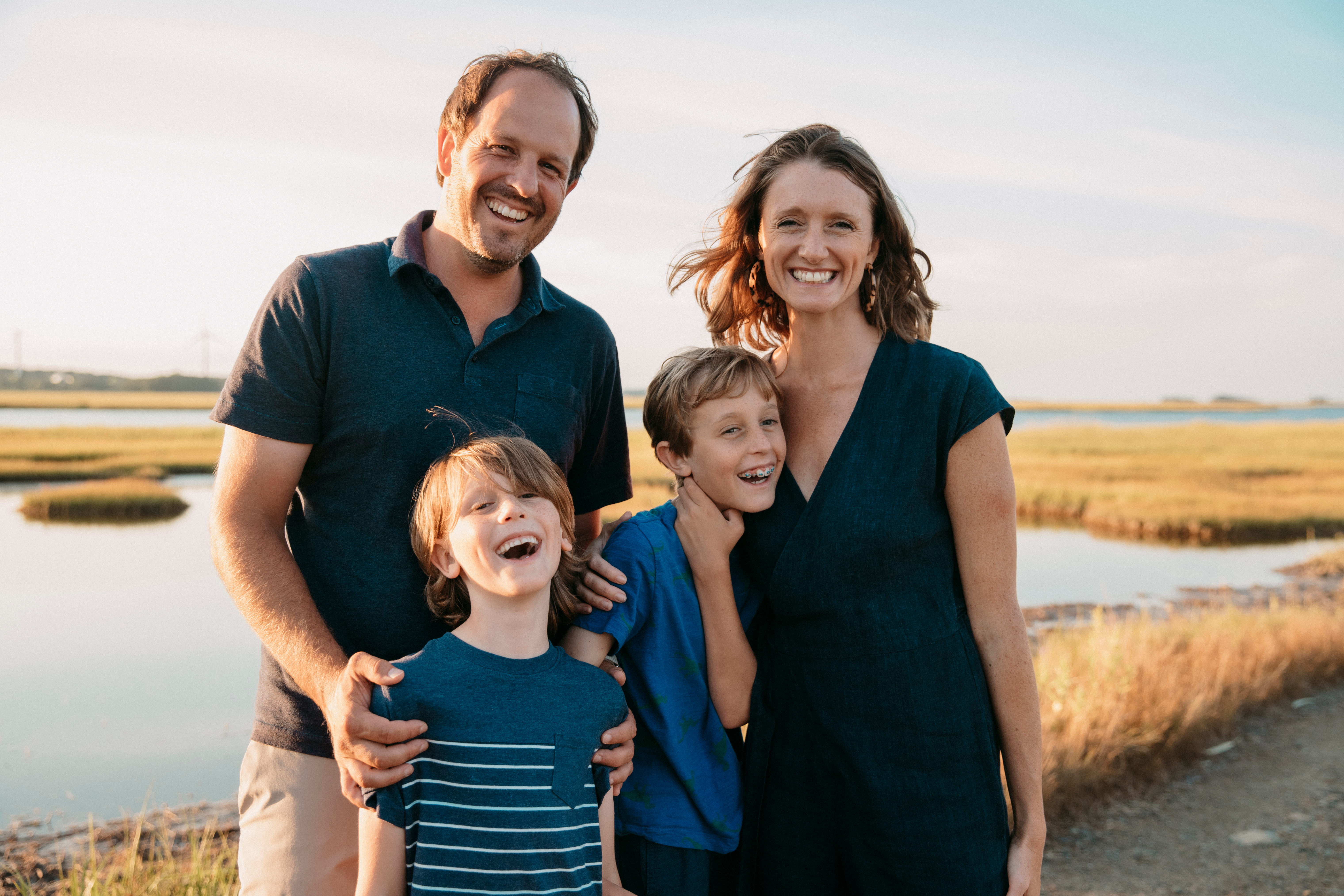S&P Global Offerings
Featured Topics
Featured Products
Events
S&P Global Offerings
Featured Topics
Featured Products
Events
S&P Global Offerings
Featured Topics
Featured Products
Events
S&P Global Offerings
Featured Topics
Featured Products
Events
Language
Featured Products
Ratings & Benchmarks
By Topic
Market Insights
About S&P Global
Corporate Responsibility
Diversity, Equity, & Inclusion
Featured Products
Ratings & Benchmarks
By Topic
Market Insights
About S&P Global
Corporate Responsibility
Diversity, Equity, & Inclusion

S&P Global and AARP conducted research that showed COVID-19 has put parental and family leave policies in the spotlight, and in many ways has helped accelerate the shift of companies adopting leave and more flexible work policies across the U.S. private sector.
The latest research, released in December 2020, confirms that U.S. corporations are increasingly offering more flexible working arrangements for their employees, but shows that some companies see greater benefits into supporting parents rather than family caregivers of adults.
The first piece of research, published in October 2020, was from the perspective of employees and showed that offering more flexible policies may be one way to prevent the COVID-19 crisis from dramatically hurting women in the workforce.
S&P Global, in partnership with AARP, examined Corporate America’s family-leave policies by analyzing the relationship between family-friendly benefits, turnover, and company performance—since the U.S. private sector has largely taken the lead in such policies. While some federal paid leave mandates have been introduced in the U.S. since the pandemic began, these mandates may not be long-term and don’t apply to the largest companies in America.
This research is based on an S&P Global/AARP survey of 53 U.S. companies in the S&P 1200, which includes the 1,200 largest companies in the world, to give an idea of the policies and benefits offered by large corporates before and after the pandemic began. This research also uses S&P Global Market Intelligence data showing the performance of companies and their respective sectors, and relies on interviews with executives from large U.S. corporations.
This study found that many institutions have responded to the pandemic by increasingly offering more flexible working arrangements for their employees. Companies also recognize that meeting employees’ needs supports their bottom lines, and offering more family-friendly benefits tends to produce higher returns. However, this study also found that some companies aren’t as familiar with the issue of family caregiving for adults, and instead favor supporting parents. As such, many firms don’t have a formal written policy focused on employees providing care to aging relatives, family friends, or loved ones.
Key Takeaways


S&P Global, in partnership with AARP, examined Corporate America’s family leave policies to understand the relationship between family-friendly benefits and female representation in the workforce and senior management. The research is based on the results of an S&P Global/AARP survey of 1,573 individuals—51% men and 49% women—who work for a firm with more than 1,000 employees. The survey was fielded between Aug. 20 and Sept. 8, 2020.
The research utilized gender and equality data from Equileap, which covers nearly 1,400 U.S. publicly-listed companies across 11 sectors, and SAM Corporate Sustainability Assessment data, an annual evaluation of more than 7,300 companies' sustainability practices across the globe, to measure correlations between certain policies and female representation in the workforce and senior management. The research also relies heavily on interviews of executives across corporate America about the benefits they have received and utilized, and their experiences in the workforce.
For employees worldwide, the coronavirus crisis is causing a clash of professional and personal responsibilities, and presents an urgent question for companies that want to retain their talent: How do you create policies that allow employees to balance career and family—both during a pandemic and beyond?
Key Takeaways


This special episode of ESG Insider, an S&P Global podcast about environmental, social, and governance issues, explores how corporate America is responding to COVID-19 with new policies for employees caring for children and elderly relatives. S&P Global partnered with AARP to research how leave policies are evolving in the U.S. private sector and the potential impact on women in the workforce. In the episode, we unpack the research, which found that the pace of change in leave policies has accelerated rapidly amid the pandemic.

Pamela Sutton-Wallace is Senior Vice President and Regional Chief Operating Officer at NewYork-Presbyterian, one of the largest hospitals in the U.S. Sutton-Wallace took on the role in January 2020, just weeks before New York City became a hotspot for the COVID-19 pandemic. She spoke to S&P Global about battling the coronavirus outbreak while balancing care responsibilities for her aging mother and two college-age daughters.


Rani Borkar is Corporate Vice President of Azure Hardware Systems and Infrastructure at Microsoft. Ms. Borkar previously held executive roles at IBM and Intel. She has two grown-up sons.


Natasha Lamb is Managing Partner and Director of Equity Research & Shareholder Engagement at Arjuna Capital, a sustainable investment firm she co-owns. She is also mother to two young sons.


